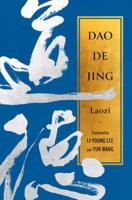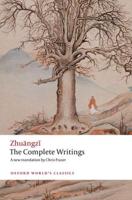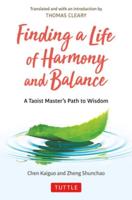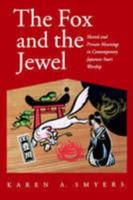Publisher's Synopsis
Explores Xunzi's thought in relation to the early Chinese philosophical context that relied on the natural world.
Xunzi, one of the founders of Confucianism, is often compared to Aristotle in the sense that Xunzi is a great synthesizer as well as an original thinker in his own right. This book situates Xunzi's philosophy in the context of early Chinese philosophy, particularly with what the author identifies as Chinese "naturalism."
Early Chinese naturalism refers to a unique Chinese philosophical orientation that seeks normativity in the realm of nature. In early China, where the notion of transcendence never occupied a central position in philosophical discourse, it was perfectly reasonable for philosophers to turn to the "naturalness" or "spontaneity" of nature as a source of value or guidance for a way of life. Janghee Lee argues that the most prominent features of Xunzi's philosophy-his famous doctrine that human nature is bad and his strong emphasis on ritual-can best be understood as Xunzi's critical response to the naturalistic trend of his time, which can be found not only in Daoist philosophers like Zhuangzi, but also in other Confucian philosophers such as Mencius. According to the author, Xunzi's concept of xin (mind-heart) provides a crucial hint for understanding his ritual-oriented philosophy, clearly contrasted with the naturalistic tendencies of early Chinese philosophy.








